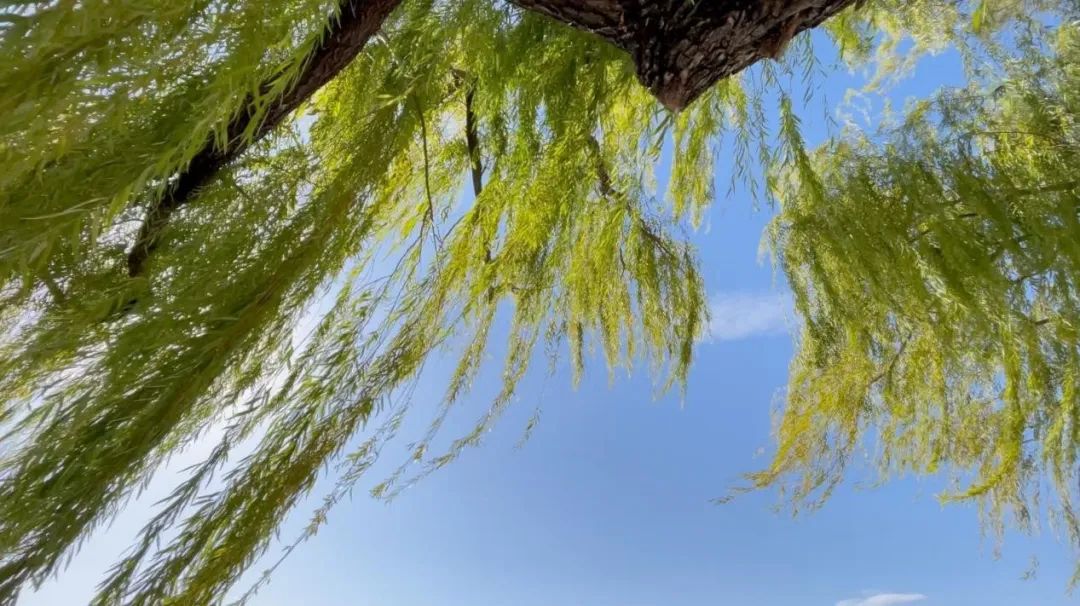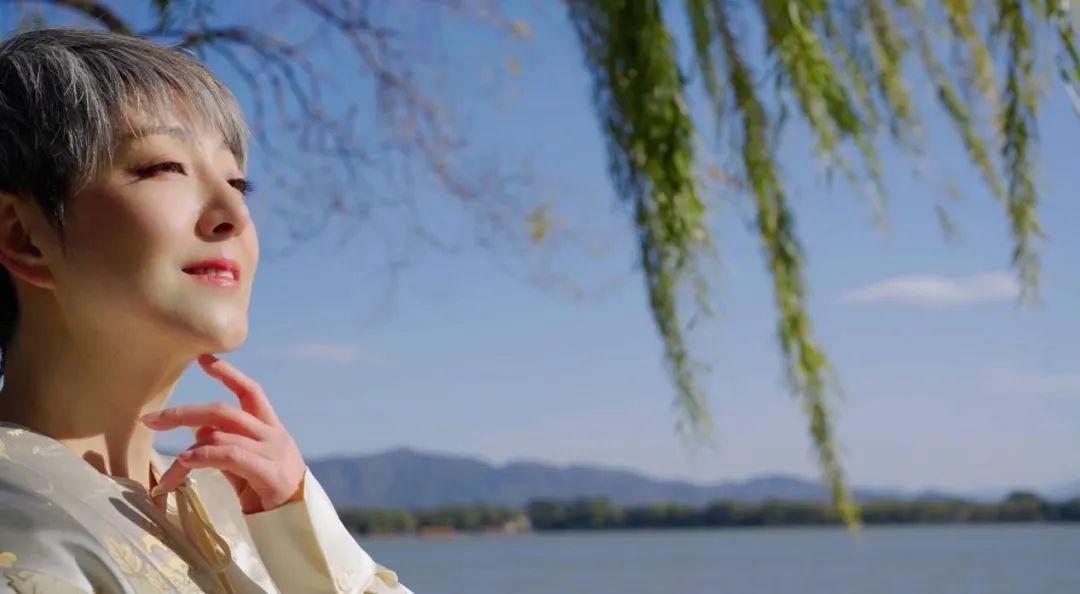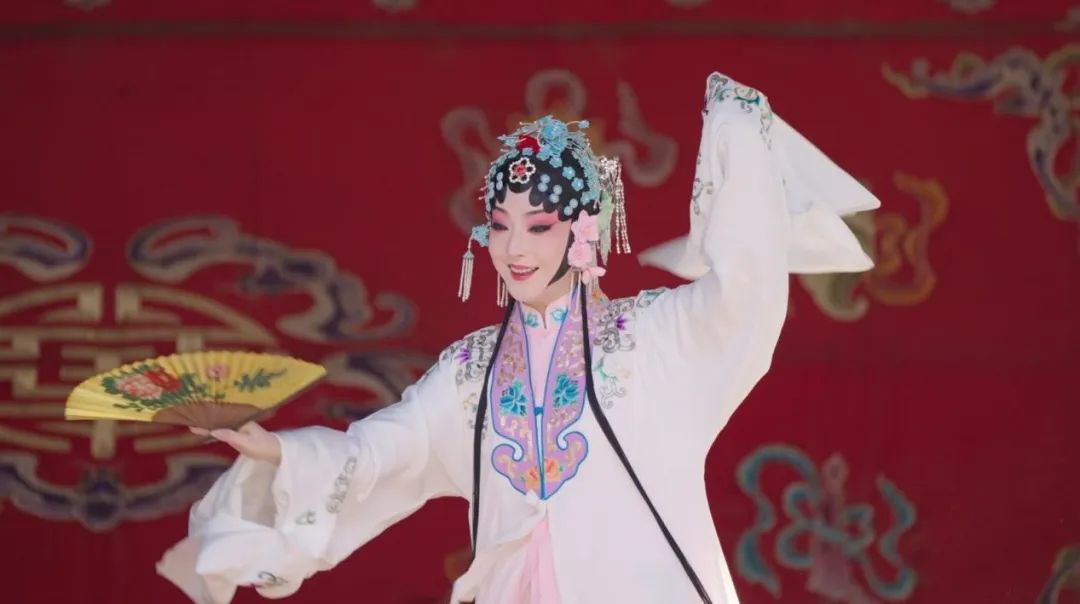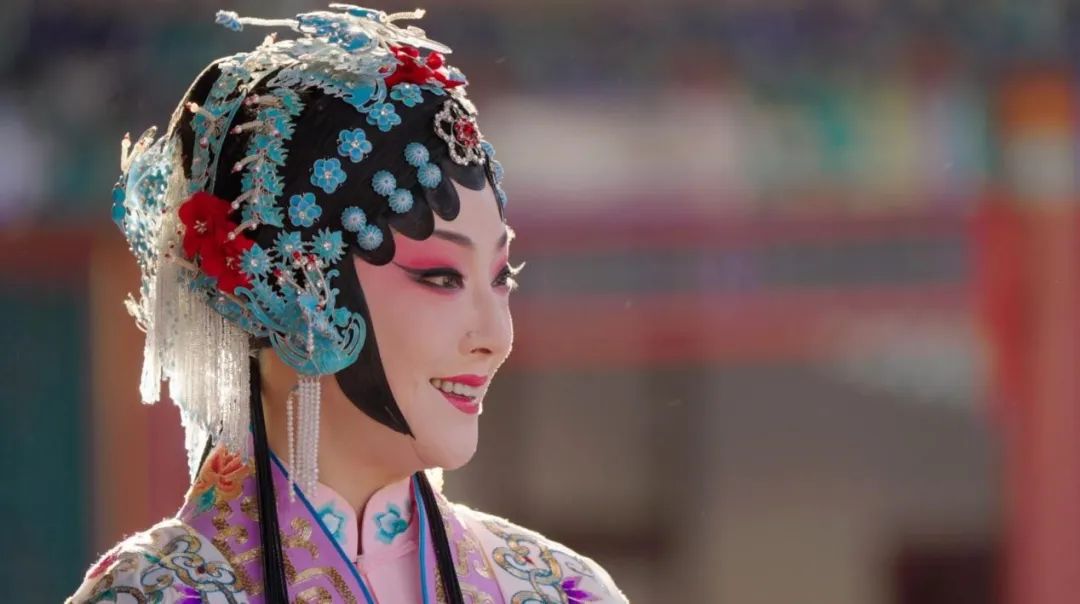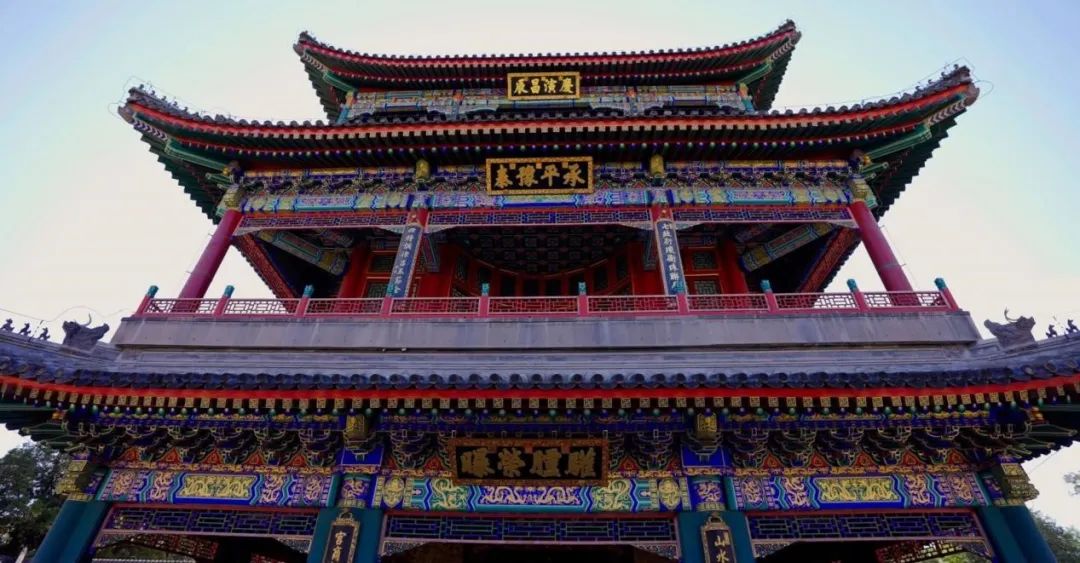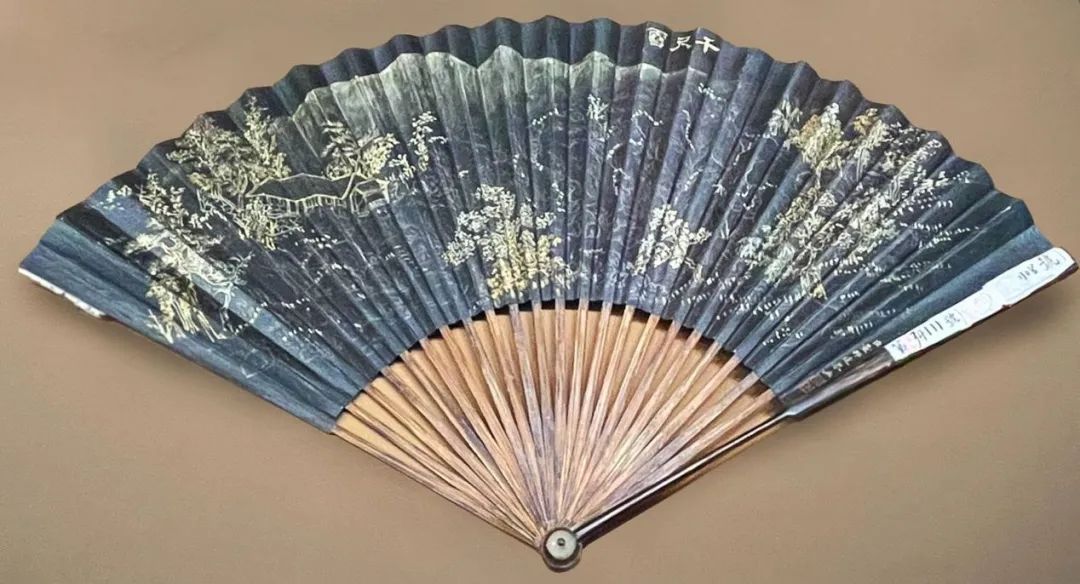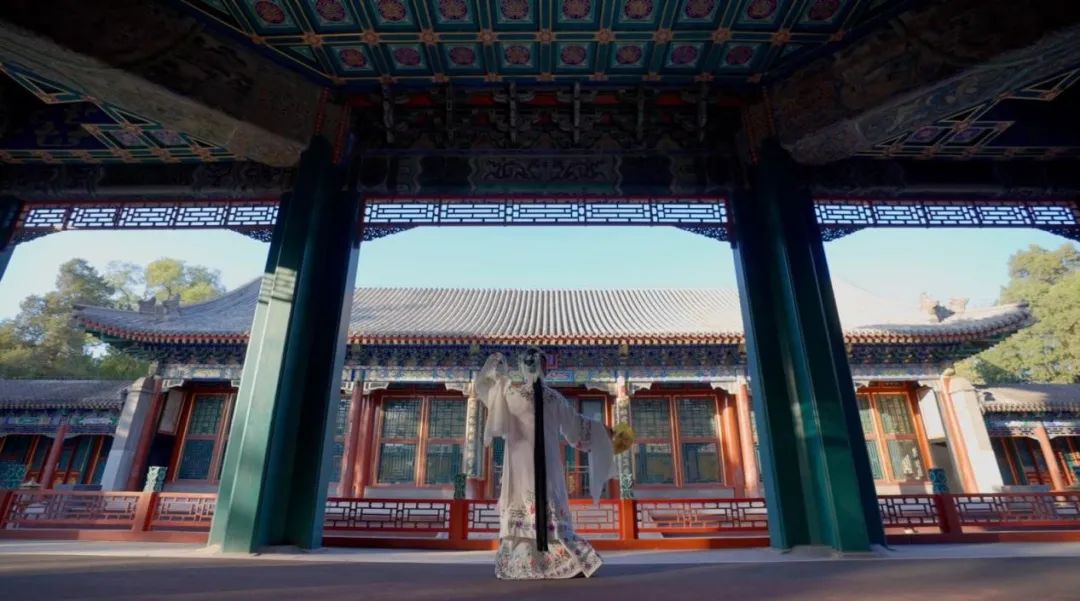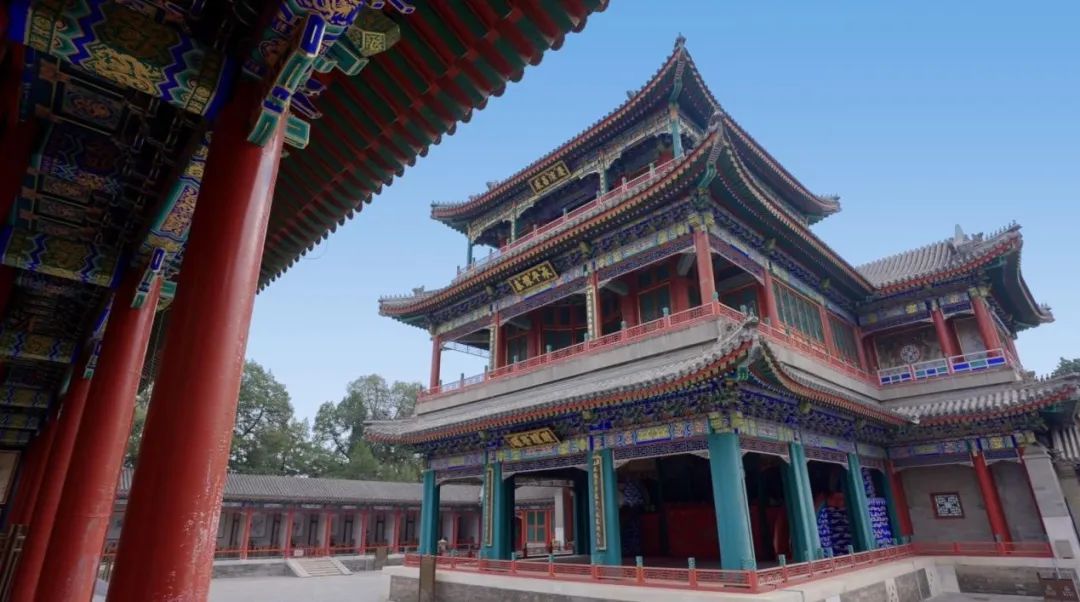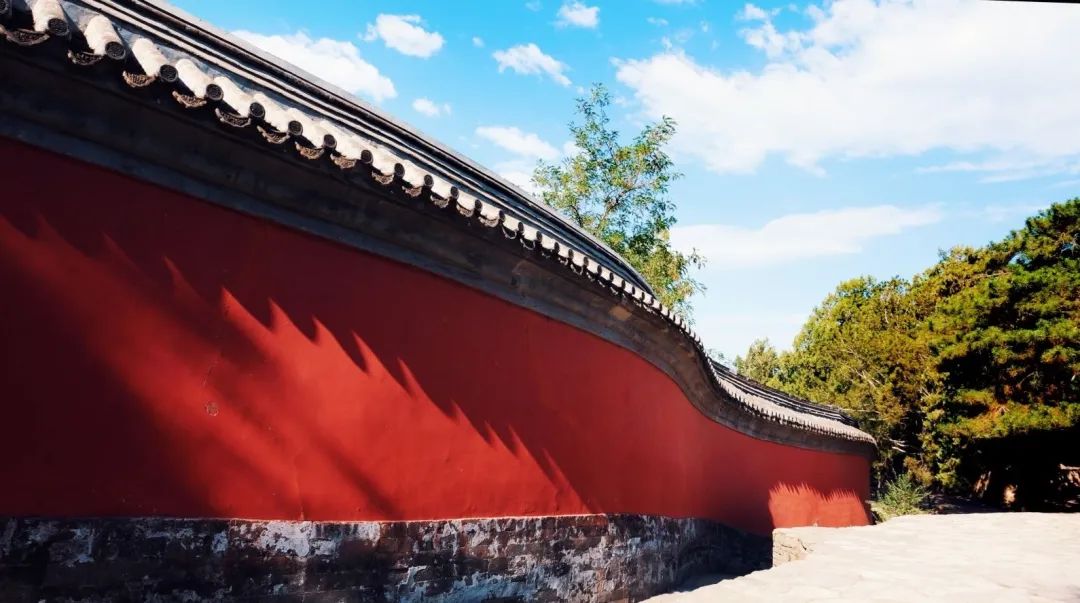The "More Than Meets the Eye" short videos is an international communication project launched by the Beijing Municipal Bureau of Culture and Tourism in 2021. The video creates a new way of visual expression for international communication through "culture plus tourism scenes", with the intention of evoking a sense of longing in overseas audiences when they see Beijing's beautiful scenery and fine art.
In the first season of "More Than Meets the Eye" series short videos, 9 videos were released, which won unanimous praise from domestic and foreign audiences and gained nearly 10 million exposures in domestic and foreign media.
In 2022, "More Than Meets the Eye— New Shougang Park" won three awards in the TV category of the 2nd National Excellent Works of Tourism Public Service Advertising Competition. In 2023, "More Than Meets the Eye" was taken as one of the top ten classic cases of art and tourism integration selected by China Tourism Academy. After the broadcasting of the videos on "Visit Beijing", the official overseas social media account of Beijing Municipal Bureau of Culture and Tourism, many overseas audiences expressed that Beijing must be regarded as their ideal tourist destination.
The second season of "More Than Meets the Eye" series short videos was officially launched in September, 2023.
The Summer Palace, an imperial garden from the Qing Dynasty, was inscribed as a UNESCO World Heritage Site in 1998.
Deheyuan (Garden of Virtue and Harmony) Grand Theater, located on the eastern foot of Wanshou Hill in the Summer Palace, along with the Pavilion of Pleasant Sounds (Changyinge) in the Forbidden City and Qingyin Pavilion in Chengde Mountain Resort, are collectively known as the three major opera theaters of the Qing Dynasty.
The Three storied Grand Stage at Deheyuan is the largest-scale and best-preserved wooden structure theater stage in China.
Within the Deheyuan Grand Theater, visitors can explore exhibitions as part of the “Garden Narratives” series. These exhibits highlight the historical connections between Kunqu Opera and classical gardens, the prosperity of Beijing Opera and court theater, and the imperial garden theaters of Northern China.
In Qing Dynasty, theatrical performances were integral to court celebrations, and the Grand Stage of Deheyuan played a significant role in witnessing the flourishing of operas during the late Qing period. Renowned Beijing Opera actors, including Tan Xinpei, Yang Xiaolou and Wang Yaoqin, graced this stage with their performances. Recognized as a crucial venue, the Grand Stage of Deheyuan contributed significantly to the development and maturation of Beijing Opera.
Kunqu Opera is one of the traditional Chinese theatrical forms and is often referred to as the “mother of Chinese operas.” In 2001, it was proclaimed by UNESCO as a “Masterpiece of the Oral and Intangible Heritage of Humanity.”
“The Peony Pavilion” by Tang Xianzu, a playwright from the Ming Dynasty in China, is considered one of the outstanding works in the history of Chinese opera.
Track Information
Kunqu Opera: A Stroll in the Garden from The Peony Pavilion
Performed by Wei Chunrong

